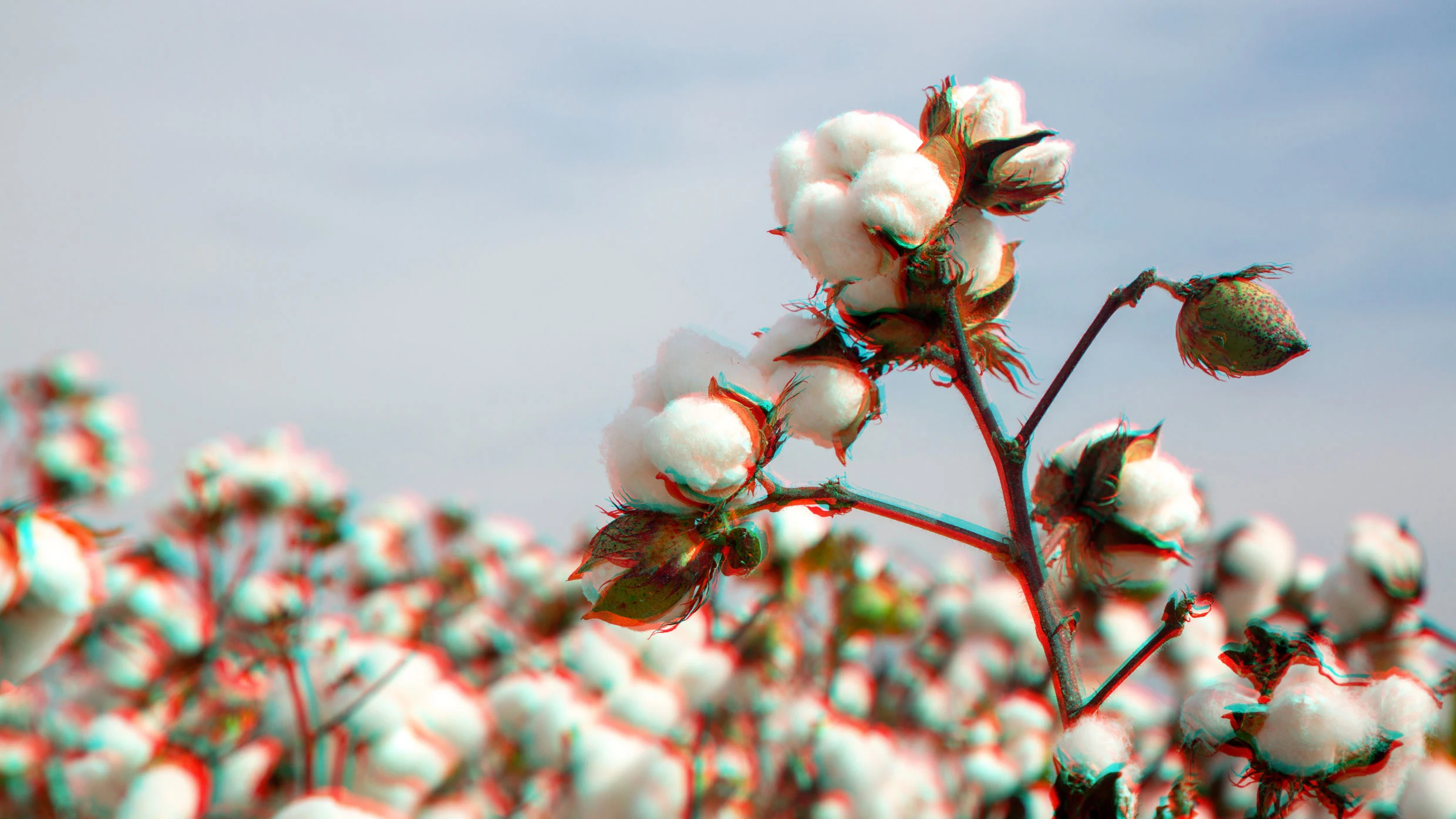
"Precision agriculture uses tools and technologies such as GPS and sensors to monitor, measure, and respond to changes within a farm field in real time. This includes using artificial intelligence technologies for tasks such as helping farmers apply pesticides only where and when they are needed. However, precision agriculture has not been widely implemented in many rural areas of the United States."
"Our team, led by Georgia Southern University and the City of Millen, with support from University of Georgia Cooperative Extension, local high schools and agriculture technology company FarmSense, is piloting AI-powered sensors to help cotton farmers optimize pesticide use. Georgia is one of the top cotton-producing states in the U.S., with cotton contributing nearly US$1 billion to the state's economy in 2024. But only 13% of Georgia farmers use precision agriculture practices."
"Innovation drives economic growth, but access to it often stops at major city limits. Smaller and rural communities are frequently left out, lacking the funding, partnerships and technical resources that fuel progress elsewhere. At the same time, 75% of generative AI's projected economic impact is concentrated in customer operations, marketing, software engineering and research and development, according to a 2023 McKinsey report. In contrast, applications of AI that improve infrastructure, food systems, safety and health remain underexplored."
Precision agriculture uses GPS, sensors and AI to monitor and respond to field changes in real time, enabling targeted pesticide application. Adoption remains limited in many rural U.S. areas, with only 13% of Georgia farmers using precision practices despite cotton's nearly US$1 billion contribution to the state economy in 2024. A partnership led by Georgia Southern University and the City of Millen, supported by University of Georgia Cooperative Extension, local high schools and FarmSense, is piloting AI-powered sensors to help cotton farmers optimize pesticide use. Rural communities lack funding and technical resources but host anchor institutions that could enable broader AI applications.
#precision-agriculture #ai-in-agriculture #pesticide-reduction #rural-innovation #public-private-partnership
Read at Fast Company
Unable to calculate read time
Collection
[
|
...
]